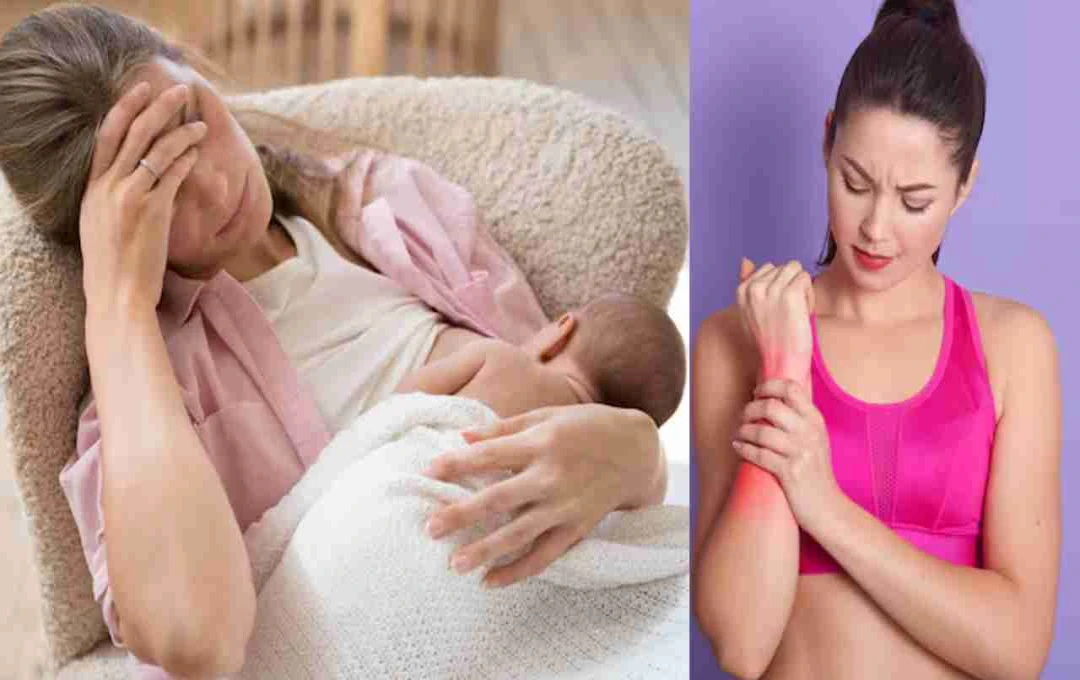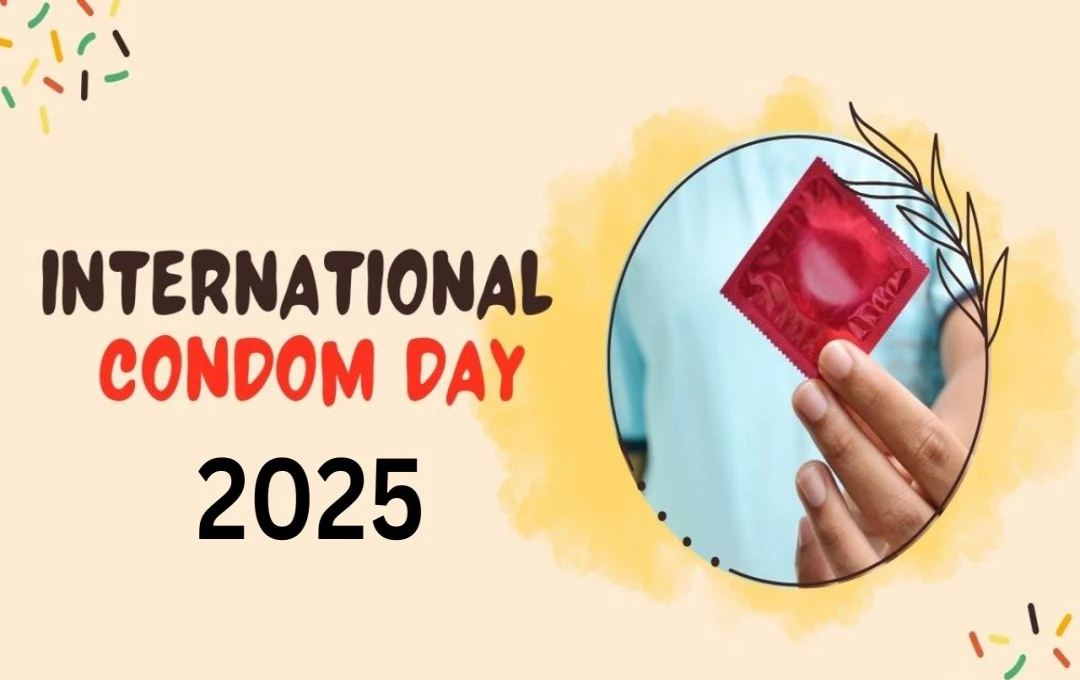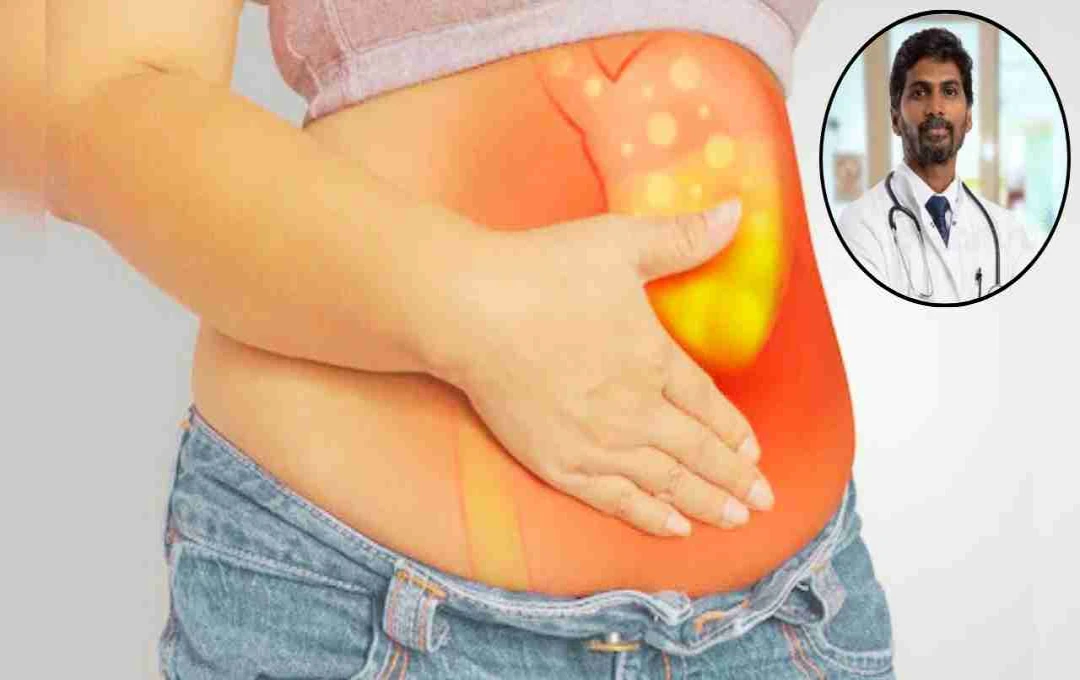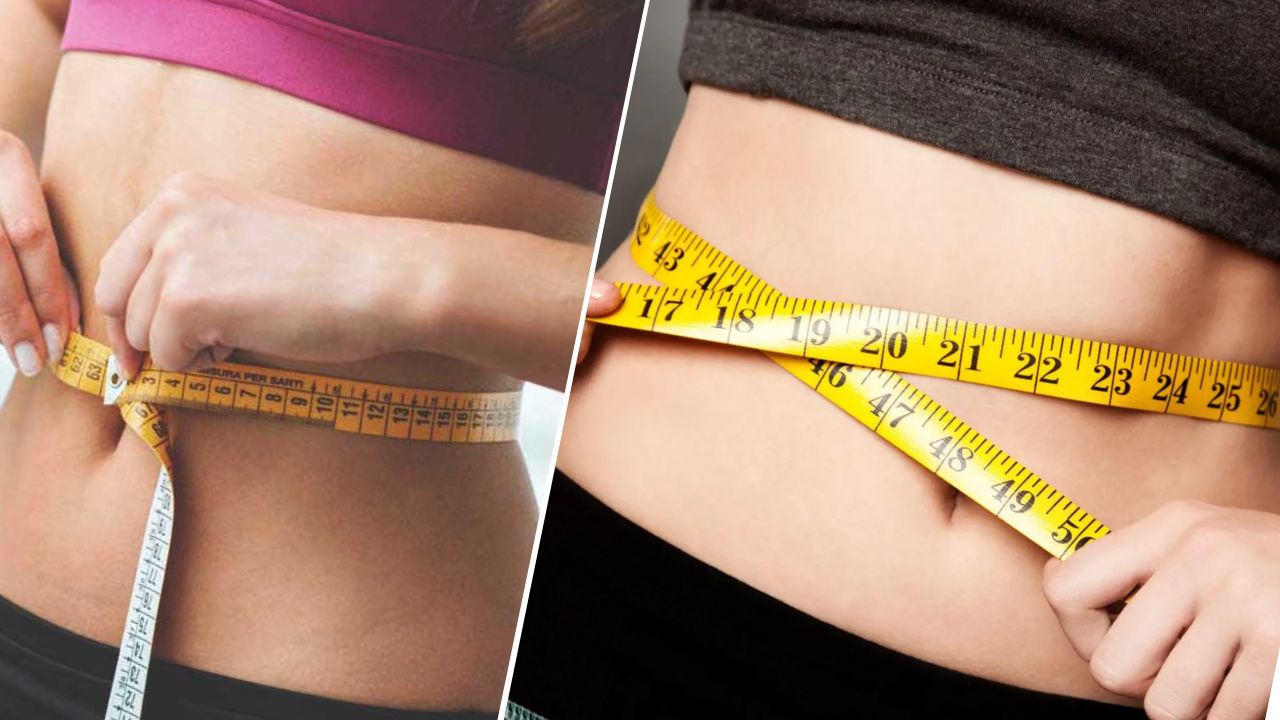After pregnancy, women may experience bone and joint pain. This could be due to nutritional deficiencies such as a lack of calcium and vitamin D, or it could be an early sign of postpartum arthritis. Timely and proper diet, sun exposure, and light exercise can provide relief.
Bone and joint pain: After pregnancy and delivery, women's bodies undergo hormonal and physical changes, making bone and joint pain common. According to Dr. Saloni Chaddha of RML Hospital, this pain could be a sign of nutritional deficiency or the onset of arthritis. Deficiencies in calcium, vitamin D, and protein can weaken muscles and bones, while persistent pain, swelling, and morning stiffness can be symptoms of postpartum arthritis. It can be managed with proper diagnosis and treatment.
Body Changes After Delivery
After delivery, a woman's body experiences a decrease in estrogen hormone levels, which can reduce bone strength. Additionally, a significant amount of calcium is lost from the body during breastfeeding. If this loss is not replenished through diet, bones start to weaken. Increased weight during pregnancy and pressure on the joints can also cause pain. Furthermore, prolonged fatigue, lack of sleep, and reduced physical activity affect recovery.
Main Causes of Bone and Joint Pain
According to Dr. Saloni Chaddha, there can be two main causes of bone and joint pain after pregnancy. First, nutritional deficiency. If a woman's diet lacks calcium, vitamin D, iron, and protein, her bones and muscles become weak. This can result in pain or fatigue even with mild movements. This is usually associated with nutritional deficiency and gradually improves with a proper diet.
Second, postpartum arthritis. If the pain continuously worsens, there is swelling or stiffness in the joints, and the body feels stiff upon waking in the morning, this could be a sign of arthritis. This condition is caused by inflammation and changes in the immune system within the body. For proper diagnosis, doctors recommend blood tests, X-rays, or other imaging tests. It can be kept under control with timely treatment.
Symptoms Indicating Seriousness
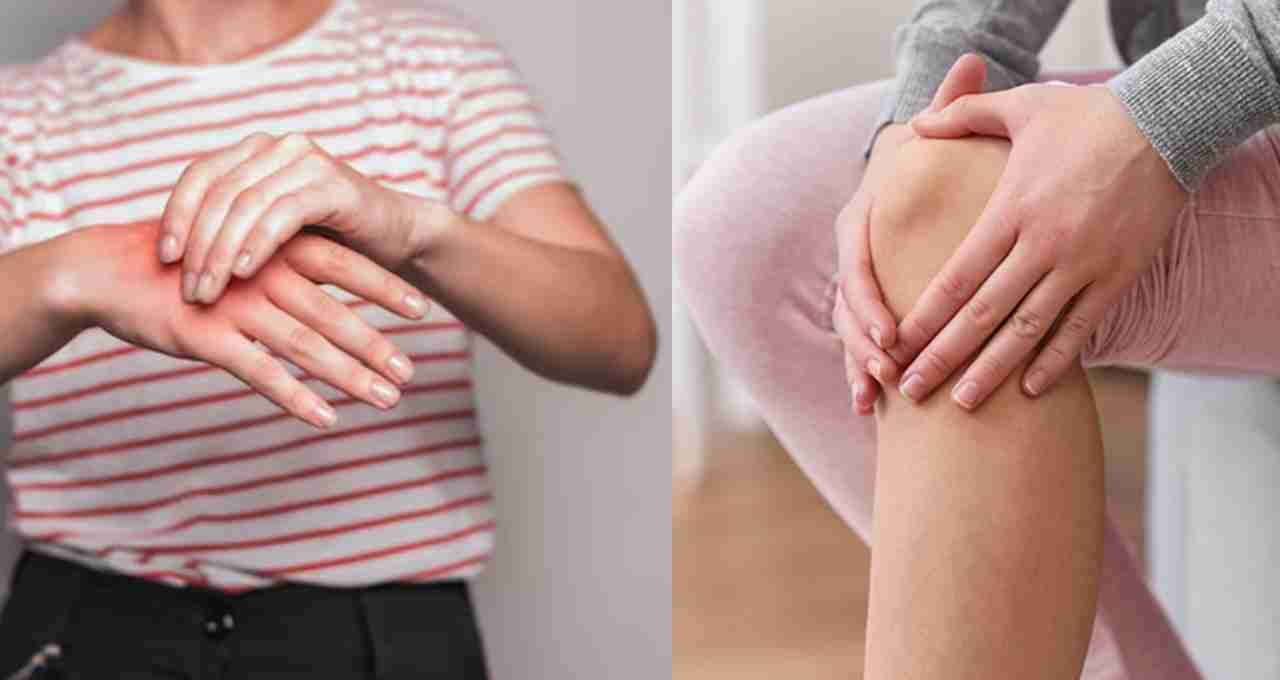
- Common symptoms such as mild pain or heaviness in the eyes.
- Swelling and stiffness in the joints.
- Body feeling stiff upon waking in the morning.
- Pain that persists for a long time or worsens.
- Pain even with fatigue, lack of sleep, and light physical activity.
Ignoring these symptoms can affect bone and joint health.
Bone Care After Delivery
- Get daily sun exposure to ensure the body receives sufficient vitamin D.
- Include milk, yogurt, cheese, green vegetables, and dry fruits in your diet.
- Perform light exercises or yoga to prevent joint stiffness.
- If pain or swelling persists for a long time, consult a doctor for examination.
- Get adequate sleep and rest, as the body needs time for recovery.
Bone and joint pain after pregnancy is a common problem. It can sometimes indicate nutritional deficiency, and other times, the onset of a serious condition like arthritis. Therefore, timely diagnosis and treatment are crucial, considering the nature of the pain, its duration, and associated symptoms. A proper diet, regular light exercise, and adequate rest play a vital role in maintaining bone strength.
